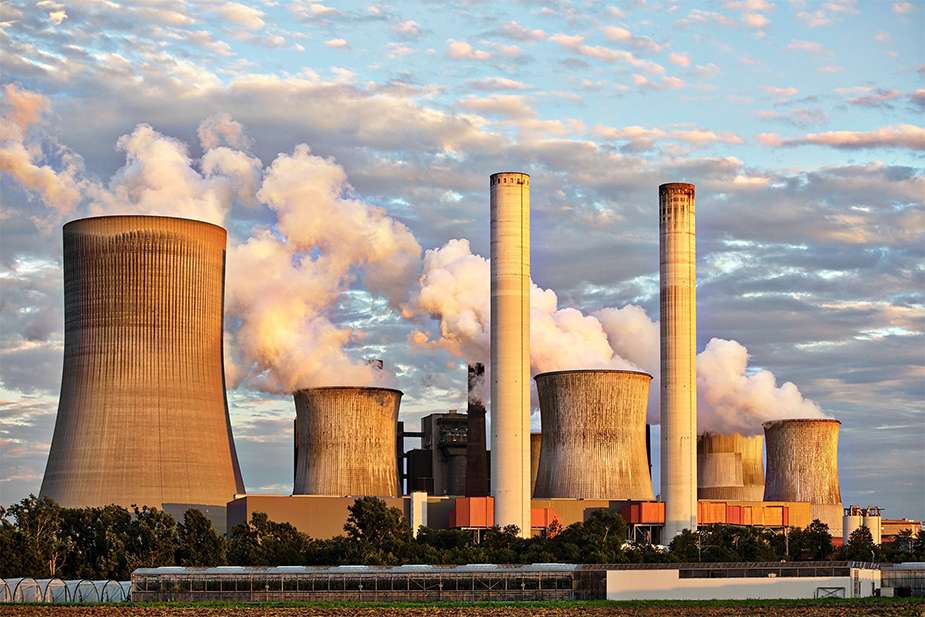
Unmasking “NOT” so Fair Solutions
Last year, as COP28 wrapped up, promises filled the air, but the harsh truth remained – climate injustice. Urban slums paint a vivid picture of environmental degradation, not just from fossil fuels, but due to policies favoring the privileged, hitting the weak and marginalized the hardest.
In the shadows of our cities, sewage and waste pile up, trapping communities in cycles of poverty. Our trash, guided by policies and biases, lands in these areas, while blame falls on the very residents we oppress. The irony deepens as those cleaning our homes are denied the right to live in a clean environment.
Global summits like COP28 become photo opportunities, overshadowing real-world consequences. Fast-growing economies drive carbon emissions, causing an ecological crisis affecting people regardless of their background. Developed nations pledged $100 billion annually to help developing countries combat climate change, yet funds fall short during crises like the recent floods in Pakistan.
Recent legal strides in Pakistan to protect the environment contrast with overlooked losses from climate events. The failure lies in a lack of transparency, leading to misused climate funds and support for projects unrelated to climate improvement.
As global climate events escalate, an urgent call for an equitable approach echoes. Wealthier nations must acknowledge their role in global warming, forming a collective policy framework. The international community must invest in human resources for vulnerable regions, recognizing the moral obligation of global climate justice.
In the face of a disheartening climate reality, the world must engage with academic and scientific communities. Implementing the UNFCCC rigorously and investing in human resources for the most vulnerable regions is crucial.
In exposing climate injustice, a plea resonates – let equitable action drive global climate initiatives. Through collective wisdom and grace, we can forge a path towards a sustainable future, ensuring no region is unfairly overlooked in the race against climate change.